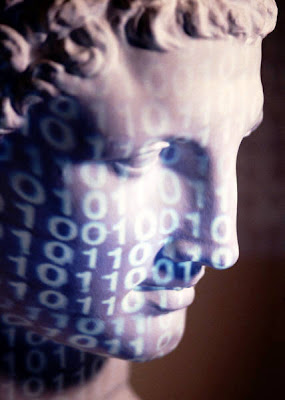Remember Carl Sagan's Cosmos? It Aired 30 Years Ago this Time. He Popularized Science and Hooked Many of Us in Awe!
Thirty years ago almost to this day, PBS aired Carl Sagan's COSMOS and made history. Science and its fruits were finally presented in such a way that most people could understand and, yes, be in awe! I didn't have a VCR or a way to record this program except put an old tape recorder next to the TV and capture the sound. Listening to those tapes years later I still found the series extremely interesting.
Carl Sagan had a gift of taking complicated scientific subjects and explaining them to the public. Some scientists criticized him for over-simplifying science, but he understood that the great scientific discoveries and knowledge should be something excites everyone. We need more of this, and we should have academic programs specializing in the Public Understanding of Science. Not only because, after all, it's public money that supports much of science, but because science is the best tool we have for understanding the world around us. Not to mention that we live longer, better, and healthier lives because of science.
Until the 17th century, the Church controlled knowledge in Europe. Of course, controlling knowledge is one way to control people. Any alternative theory was deemed a threat to the status quo. Free thinkers are a threat to dogma and absolutism. The more a person learns, the more questions he asks, the more chances that freedom and free inquiry will become a necessity.Knowledge is empowering.
I often have to pinch myself when I see that, despite all the learning opportunities and tools we have at our disposal, so many Americans remain willfully ignorant. How else can you explain the war against science, and the scientific illiteracy of our fellow citizens?
If a specific knowledge is claimed by anyone, then the starting point should be, which kind of knowledge is better? The one arrived at by inquiry, evidence, and rational thinking, or the one that "feels right" or secretly revealed to the select few and can't be challenged?
If you dare to learn, ask, how do you know the things you think you know?
Like Hitch says, claims without evidence can be dismissed without evidence.
















No comments:
Post a Comment